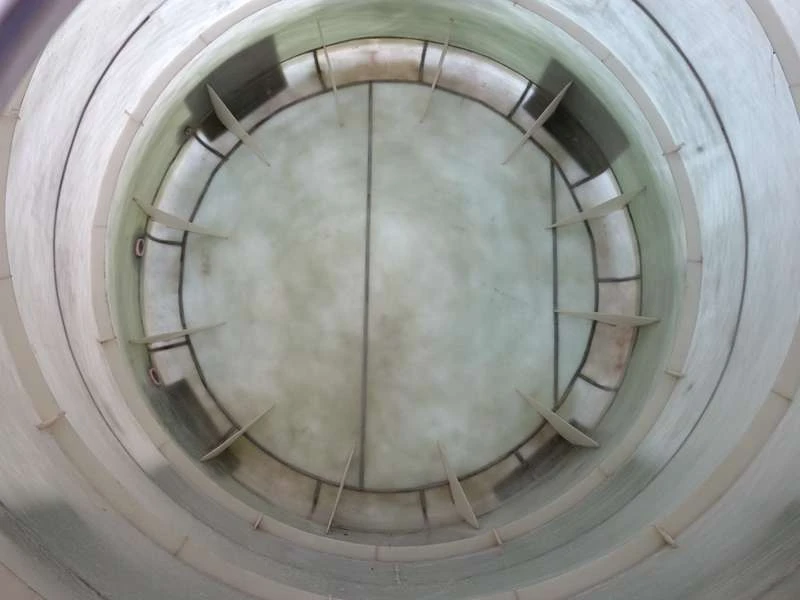
-
 Afrikaans
Afrikaans -
 Albanian
Albanian -
 Amharic
Amharic -
 Arabic
Arabic -
 Armenian
Armenian -
 Azerbaijani
Azerbaijani -
 Basque
Basque -
 Belarusian
Belarusian -
 Bengali
Bengali -
 Bosnian
Bosnian -
 Bulgarian
Bulgarian -
 Catalan
Catalan -
 Cebuano
Cebuano -
 China
China -
 China (Taiwan)
China (Taiwan) -
 Corsican
Corsican -
 Croatian
Croatian -
 Czech
Czech -
 Danish
Danish -
 Dutch
Dutch -
 English
English -
 Esperanto
Esperanto -
 Estonian
Estonian -
 Finnish
Finnish -
 French
French -
 Frisian
Frisian -
 Galician
Galician -
 Georgian
Georgian -
 German
German -
 Greek
Greek -
 Gujarati
Gujarati -
 Haitian Creole
Haitian Creole -
 hausa
hausa -
 hawaiian
hawaiian -
 Hebrew
Hebrew -
 Hindi
Hindi -
 Miao
Miao -
 Hungarian
Hungarian -
 Icelandic
Icelandic -
 igbo
igbo -
 Indonesian
Indonesian -
 irish
irish -
 Italian
Italian -
 Japanese
Japanese -
 Javanese
Javanese -
 Kannada
Kannada -
 kazakh
kazakh -
 Khmer
Khmer -
 Rwandese
Rwandese -
 Korean
Korean -
 Kurdish
Kurdish -
 Kyrgyz
Kyrgyz -
 Lao
Lao -
 Latin
Latin -
 Latvian
Latvian -
 Lithuanian
Lithuanian -
 Luxembourgish
Luxembourgish -
 Macedonian
Macedonian -
 Malgashi
Malgashi -
 Malay
Malay -
 Malayalam
Malayalam -
 Maltese
Maltese -
 Maori
Maori -
 Marathi
Marathi -
 Mongolian
Mongolian -
 Myanmar
Myanmar -
 Nepali
Nepali -
 Norwegian
Norwegian -
 Norwegian
Norwegian -
 Occitan
Occitan -
 Pashto
Pashto -
 Persian
Persian -
 Polish
Polish -
 Portuguese
Portuguese -
 Punjabi
Punjabi -
 Romanian
Romanian -
 Russian
Russian -
 Samoan
Samoan -
 Scottish Gaelic
Scottish Gaelic -
 Serbian
Serbian -
 Sesotho
Sesotho -
 Shona
Shona -
 Sindhi
Sindhi -
 Sinhala
Sinhala -
 Slovak
Slovak -
 Slovenian
Slovenian -
 Somali
Somali -
 Spanish
Spanish -
 Sundanese
Sundanese -
 Swahili
Swahili -
 Swedish
Swedish -
 Tagalog
Tagalog -
 Tajik
Tajik -
 Tamil
Tamil -
 Tatar
Tatar -
 Telugu
Telugu -
 Thai
Thai -
 Turkish
Turkish -
 Turkmen
Turkmen -
 Ukrainian
Ukrainian -
 Urdu
Urdu -
 Uighur
Uighur -
 Uzbek
Uzbek -
 Vietnamese
Vietnamese -
 Welsh
Welsh -
 Bantu
Bantu -
 Yiddish
Yiddish -
 Yoruba
Yoruba -
 Zulu
Zulu
Exploring the Benefits and Applications of FRP Vessels in Modern Industries
The Significance of FRP Vessels in Modern Applications
Fiber Reinforced Plastic (FRP) vessels have emerged as a crucial component in various industries, thanks to their distinctive properties and versatile applications. Combining strength with lightweight characteristics, these vessels are increasingly preferred over traditional materials like metal or concrete.
The Significance of FRP Vessels in Modern Applications
One of the primary advantages of using FRP vessels is their ability to withstand corrosion. In many industrial settings, traditional materials can deteriorate over time when exposed to aggressive substances. FRP vessels, however, can be tailored with specific resins and fibers to resist chemical attacks, extending their lifespan and reducing maintenance costs. This aspect is particularly crucial for industries dealing with corrosive fluids, as it minimizes downtime and ensures consistent performance.
frp vessel

Another critical benefit of FRP vessels is their lightweight nature. Compared to metal or concrete alternatives, FRP vessels are considerably lighter, which simplifies handling and transportation. This feature proves beneficial not only in terms of cost savings during installation but also enhances safety by reducing the risk of injury or accidents during transportation and setup.
Moreover, the design flexibility of FRP allows for the creation of complex shapes and sizes that might not be feasible with traditional materials. This adaptability enables engineers and designers to create custom solutions tailored to specific applications, maximizing the efficiency and effectiveness of the vessel. Whether for storage tanks, pressure vessels, or containment structures, the versatility of FRP is unparalleled.
In addition to their physical properties, FRP vessels also contribute to environmental sustainability. With increasing emphasis on reducing the carbon footprint and enhancing sustainability in industrial processes, FRP materials offer a viable alternative due to their longevity and lower energy requirements during manufacturing compared to metals.
As industries continue to seek innovative solutions to meet their operational challenges, the utilization of FRP vessels is set to expand. Their performance advantages, coupled with environmental benefits, position them as a favorable option for various applications. In conclusion, FRP vessels represent a modern, efficient, and sustainable choice for businesses looking to enhance their operational capabilities while minimizing environmental impact. The future of vessel technology undoubtedly lies in the continued integration of advanced materials like FRP.
Latest news
-
Exploring the Benefits of Top Hammer Drifter Rods for Enhanced Drilling PerformanceNewsJun.10,2025
-
High-Precision Fiberglass Winding Machine for GRP/FRP Pipe Production – Reliable & Efficient SolutionsNewsJun.10,2025
-
FRP Pipes & Fittings for Shipbuilding - Corrosion-Resistant & LightweightNewsJun.09,2025
-
Premium FRP Flooring Solutions Durable & Slip-ResistantNewsJun.09,2025
-
Premium Fiberglass Rectangular Tanks Durable & Lightweight SolutionNewsJun.09,2025
-
Tapered Drill String Design Guide Durable Performance & UsesNewsJun.09,2025









